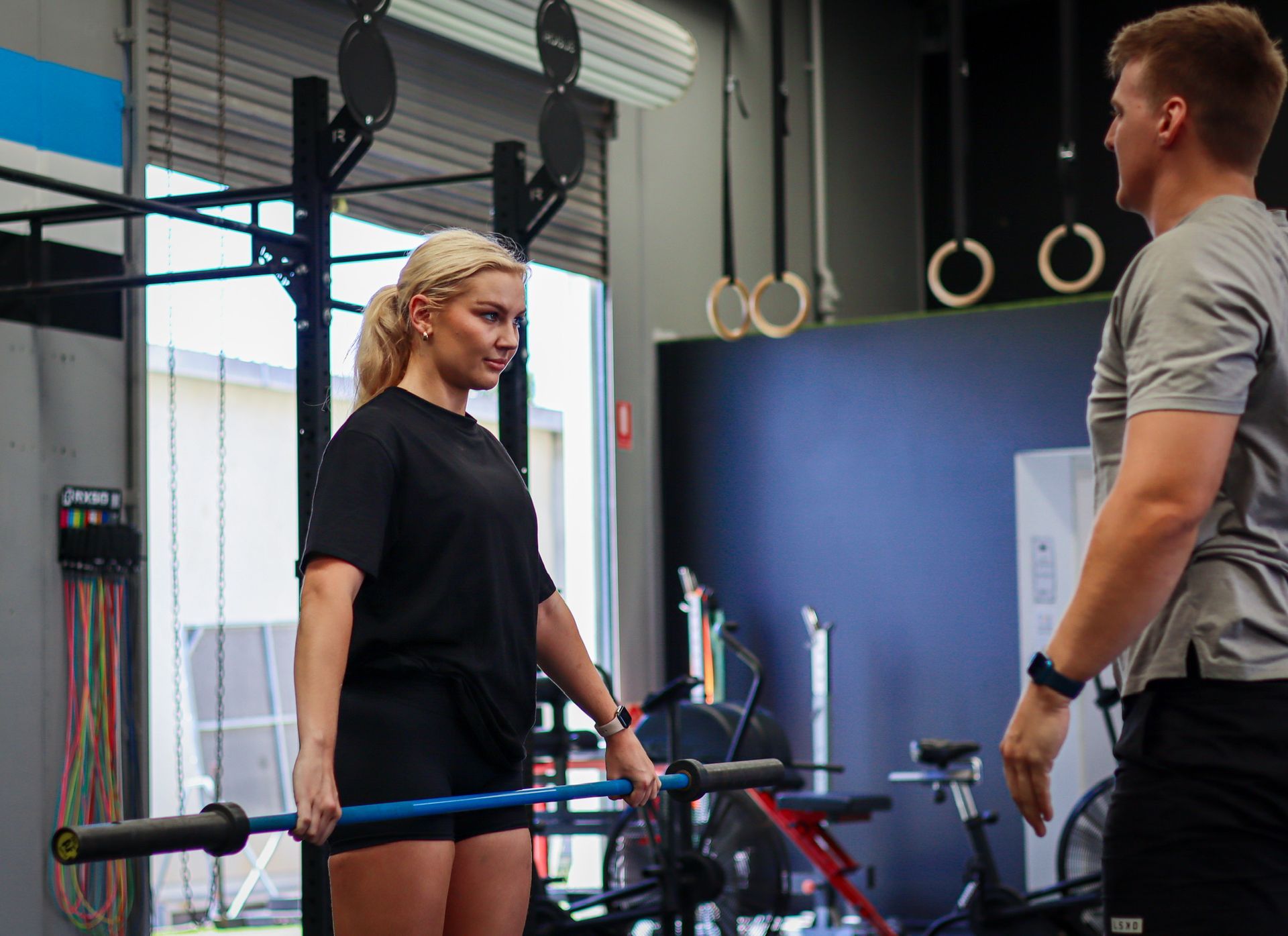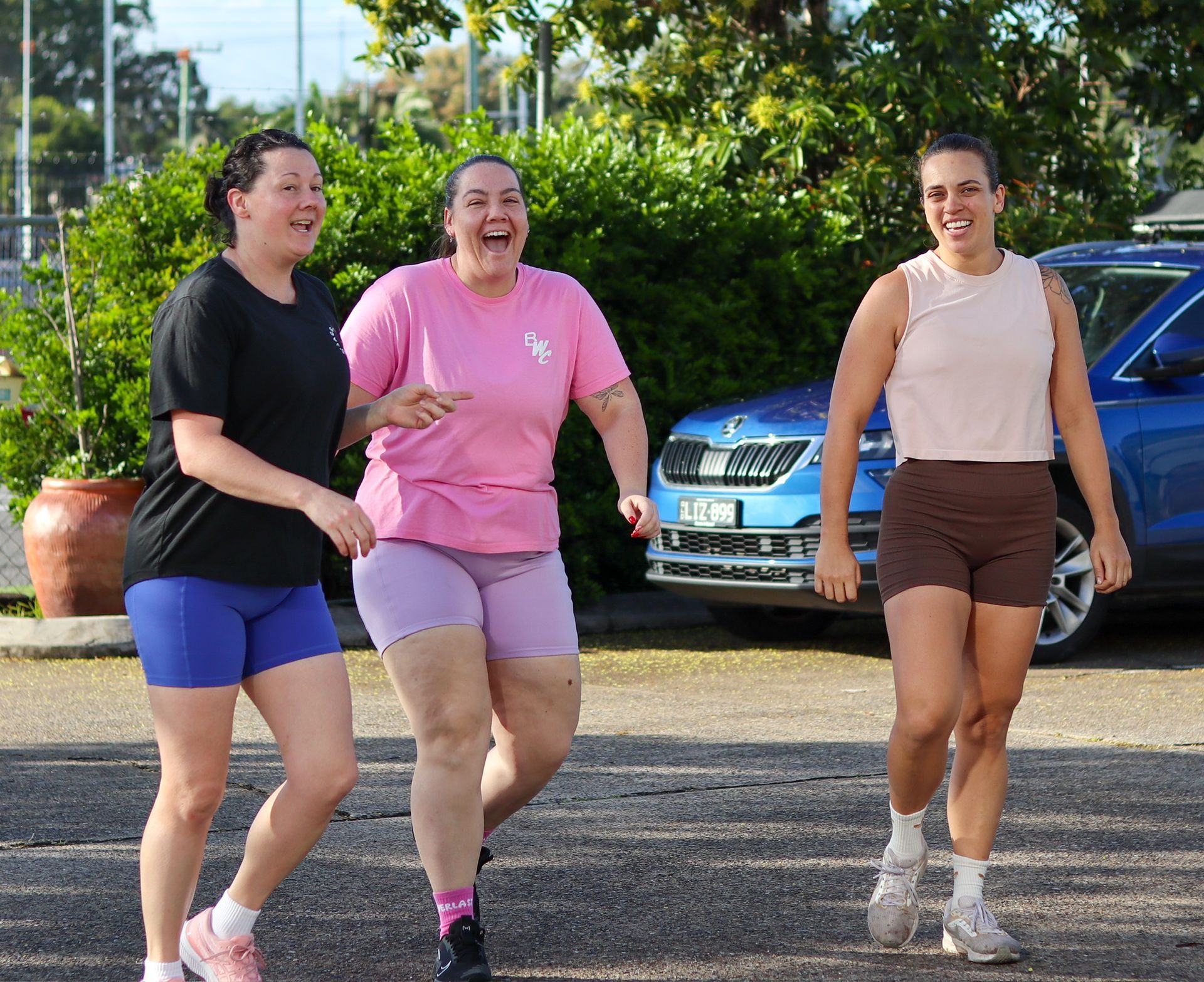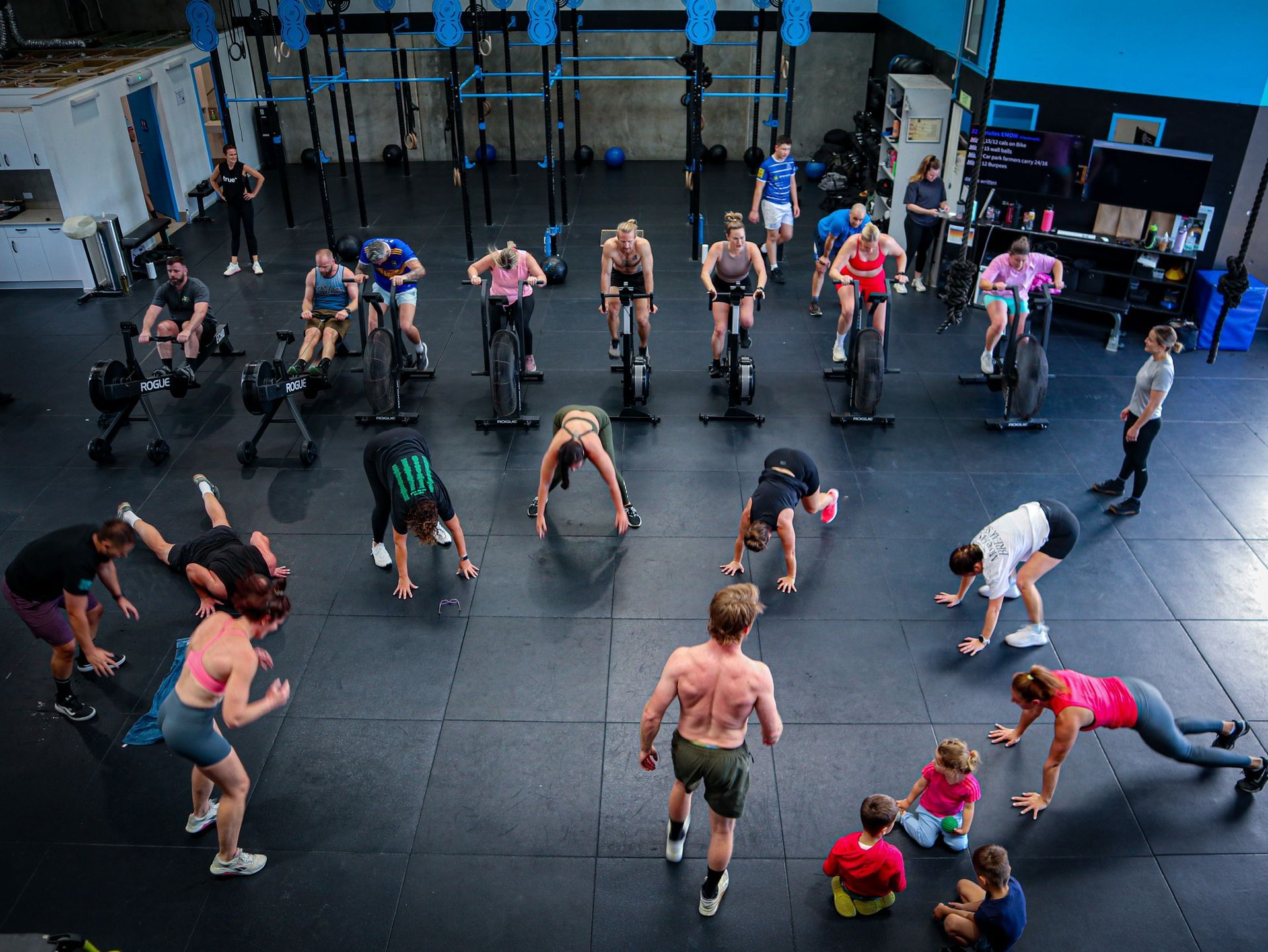How To Find Time To Train As A Busy Parent
As a
busy parent juggling work, family, and countless responsibilities, it can often feel like there’s simply
no time left for yourself.
However, applying Parkinson’s Law—the idea that "work expands to fill the time available for its completion"—can be a game-changer in reclaiming time for your health.
By setting dedicated, focused time for exercise and self-care, you’ll not only boost your own well-being but also enhance the quality of time you spend with your family.
Understanding Parkinson’s Law
Parkinson’s Law, first introduced by British historian Cyril Northcote Parkinson, suggests:
- The more time we allocate to a task, the longer it takes to complete.
- When we limit the time for a task, we complete it more efficiently.
What this means for parents:
Even with a busy schedule, you can
create time for your health—by committing to it purposefully.
Why One Hour of Exercise is Not Selfish
Spending one hour a day on your health isn’t indulgent—it’s an investment.
Here’s why it’s absolutely worth it:
- Increased Energy Levels
➔ Exercise boosts energy, making you more productive and engaged in every area of life. - Stress Relief
➔ Physical activity is a proven stress reliever, helping you stay calm, patient, and focused. - Setting a Positive Example
➔ Modeling healthy habits encourages your children to prioritise their own well-being. - Quality Over Quantity
➔ When you’re physically and mentally well, the time you spend with family becomes more meaningful and enjoyable.
Tips for Making Time for the Gym
1. Prioritise Your Health
- Treat your workouts like important appointments.
- Block time in your schedule—and stick to it.
2. Choose Child-Friendly Facilities
- Many gyms offer childcare services or are family-friendly.
- This allows you to train while your kids are safely occupied.
3. Involve Your Family
- Turn exercise into a family activity with hikes, bike rides, or weekend fitness classes.
4. Opt for Efficient Workouts
- Try high-intensity interval training (HIIT) or circuit sessions.
- Maximise your results with effective 30–60 minute routines.
5. Find Your Best Time
- Whether it’s early morning before the day begins or evening after the kids are asleep—pick a consistent time that fits your lifestyle.
Reaping the Benefits
By adhering to Parkinson’s Law and dedicating one focused hour a day to your health:
- Your productivity, energy, and mental clarity will improve.
- You’ll be more present and engaged during family time.
- You’ll experience better overall well-being, making you a stronger, happier parent, partner, and professional.
Taking care of yourself is not selfish—it’s essential.
When you prioritise your health, you:
- Set a powerful example for your children
- Create a positive ripple effect through your entire family
Final Thought
✅ Make that one hour count.
✅
Your health, your happiness, and your family will thank you.
Previous Blogs




